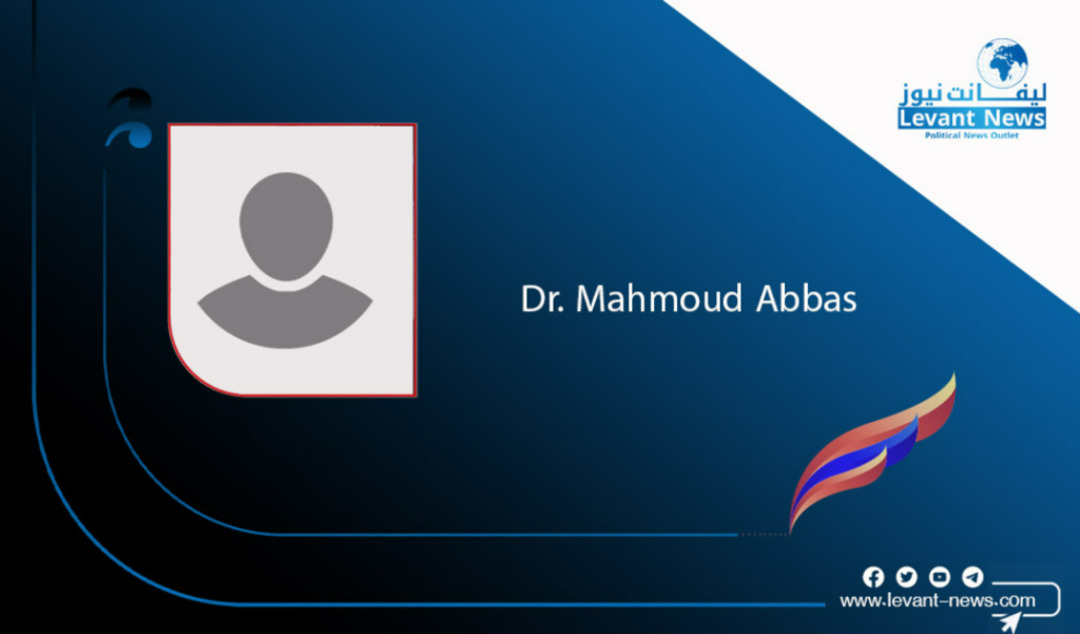-
Al-Golani Amid the Visible Dialogue: The Truths Are Being Unveiled

Although it no longer matters who brought Abu Mohammad al-Golani to the forefront of power, who allowed Turkey to escalate its support for Hayat Tahrir al-Sham, or who compelled Bashar al-Assad and his regime to withdraw and leave Syria to the extremist organizations—these facts are now known to everyone, even those hidden behind shadowed corridors. What matters to us today is to interpret the unfolding historical realities. They have become clear in al-Golani’s statements on the Syrian News Channel and in the agreement reached between him and Russia. Essentially, this confirms what had been built over the past weeks or perhaps over a year, especially with Assad’s recent gestures towards opening up to Arab countries, particularly urging Gulf states to open their doors to him, paving the way for his return to the Arab League, and his attempt to disentangle from the Iranian alliance—especially after Israel’s destruction of its tools, like Hamas, Hezbollah, and the Yemenis. He was well aware that he was part of the chain involved.
However, these changes were not the result of effective Syrian forces but rather reflected their position as execution tools. al-Golani did not possess enough strength to topple the regime, nor was the regime fragile enough to collapse in front of Hayat Tahrir al-Sham. The organization itself was merely a temporary tool, employed to serve regional and international interests—like a façade used then removed. The agreement, on the other hand, had two dimensions:
First, the outcomes of the Sochi and Astana conferences between Turkey and Iran aimed to solidify Syria as a central state rejecting federalism and ignoring the Kurdish people's national rights. However, this vision was not fully welcomed by Russia. As a result, Putin, after the fall of the criminal regime at some point, declared that it would be better for Syria to be a decentralized federal state—a direct message to Turkey before Iran, especially in light of tensions that emerged at the latest Sochi conference and signs of Turkey’s return to NATO as a preemptive step to confront several concerns, primarily fears of Syria transforming into a decentralized state with an officially recognized Kurdish federal region.
Second, it involved agreements between Russia, the US, and Israel aimed at reducing Iran’s influence, while carefully balancing relations with Turkey, which was positioned as a primary supporter of Hayat Tahrir al-Sham. Among these understandings was a key condition: that these powers collectively control the next phase of the Syrian regime. This political equation begins to reveal its final contours gradually.
From this, it became clear that al-Golani’s government is going through a transitional phase, which could last a year or two, but it will not turn into a consolidated authority or legitimate power. Just as Iranian militias have been displaced, major powers will eventually dissolve Hayat Tahrir al-Sham, no matter how much it changes its features, once its role is exhausted—even if it is granted formal recognition under the umbrella of the transitional government or the so-called Syrian government. Everyone understands that its extremist methodology and dark culture make it incapable of building any sustainable political or military project. Moreover, it was never a match for the criminal regime, but just a tool within a larger game.
Thus, Syria finds itself in a difficult transitional period—between a blood-soaked criminal regime and a terrorist organization being used as a tool by others, with slim prospects of establishing a democratic homeland. In this equation, the Syrian people remain the primary victims, while the Kurds, along with Druze and the people of the Syrian coast, and the Christian component, face compounded targeting. They are struck by authoritarianism in the name of centralization, vilified by extremist propaganda portraying them as an existential threat, reminiscent of a written fate where the Kurdish people are trapped between two poisoned swords emerging from a single sheath.
What al-Golani stated in his eloquently crafted but fragile and politically and historically shallow interview, along with what is happening in Syria, is not a war against remnants of the fallen regime. Rather, it is a reproduction of the dichotomy of evil—a tyranny fed by oppressive apparatuses, and extremism fed by oppression itself. As Paul Ricoeur said: “Evil is not alien to humans; it is a deviation in the understanding of freedom.” In Syria, evil was not accidental; it was deliberately manufactured. A regime that created terrorism then claimed to fight it, and extremist organizations formed a transitional government to claim to represent the opposition. Deep down, both were partners in one crime.
And the lingering question remains: can a genuine liberation project be born from this diseased body? Or will Syria remain hostage to a game of role exchanges, where the people remain victims, the Kurdish cause stays suppressed, and freedom remains just an illusion fading with each new round of collusion?
Dr. Mahmoud Abbas
Tags
You May Also Like
Popular Posts
Caricature
opinion
Report
ads
Newsletter
Subscribe to our mailing list to get the new updates!




















